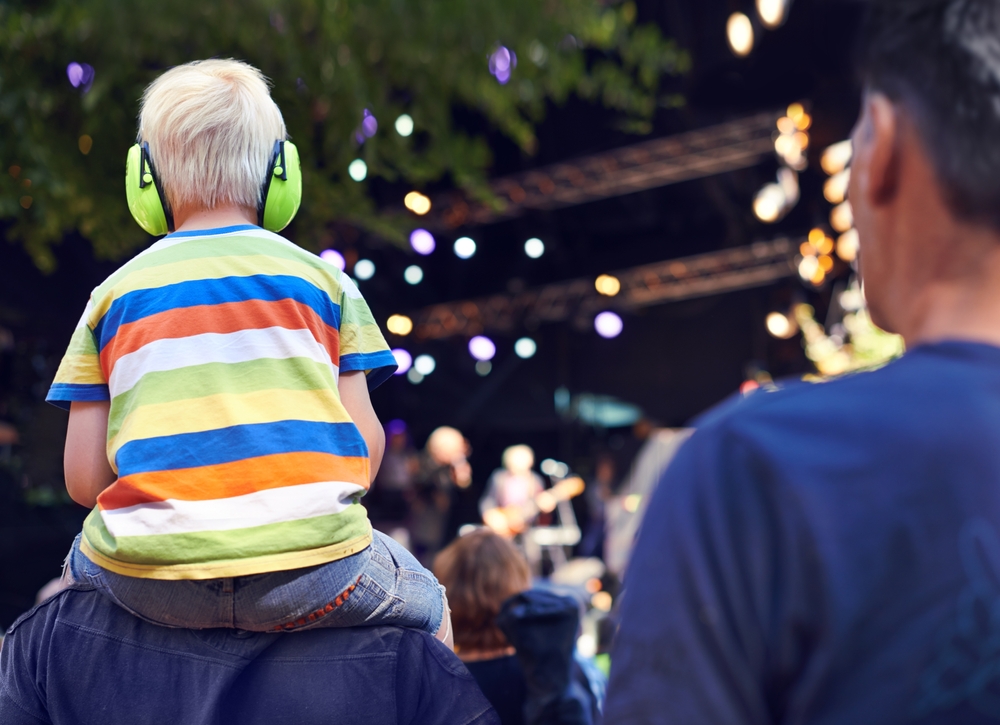
Hearing loss is frequently seen as an unavoidable part of growing old, but the truth is that much of it can be prevented. The gradual decline in hearing isn’t just a outcome of time passing but a consequence of accumulated damage. Each exposure to loud sounds, whether at a concert, mowing the lawn, or through loud earbuds, adds up over time, leading to permanent hearing loss. Perilously, this issue is not limited to older adults; even children are now showing indications of preventable hearing loss.
Worldwide, about 34 million children experience hearing loss, and a stunning 60% of these cases could have been avoided. The number of instances in adults is even more startling and seriously needs to be addressed.
Recognizing current factors contributing to hearing loss
Understanding today’s factors that play a role in hearing loss is important in knowing why it has become so much more common. Several factors contribute to this issue, each interrelated and amplifying the danger of hearing damage:
- Social Environments: Modern social settings, such as restaurants and bars, are often extremely loud. Lots of social establishments have adopted the strategy of boosting their volume levels to give the impression of increased success. Even when there is no live music, the background noise in these establishments can be hazardous, resulting in cumulative hearing damage.
- Technological Advancements: Perhaps the most substantial factor in the rise of hearing loss is the prevalent use of personal audio devices. It’s easier than ever before to listen to music and podcasts thanks to headphones and earbuds. But regrettably, the propensity to crank the volume up, coupled with the closeness of the device to your ears can cause increasing damage to your ears. This type of damage accumulates slowly frequently going unnoticed until it begins to become obvious and irreversible.
- Population Density in Cities: The world’s cities are more heavily populated than they ever were. Along with that denser population comes a louder environment. From traffic to construction, urban noise is a continual attack on our ears, contributing to the expanding incidence of hearing loss.
From raging waterfalls to clattering steam engines, humans have always had to cope with loud noises, but in the contemporary world, new challenges have arisen. Today’s noise levels, together with the availability of technology, create a perfect storm for hearing damage.
What are some proactive measures to prevent hearing loss?
Why hearing loss remains such a prevalent issue is somewhat a mystery considering how avoidable most forms are, particularly in children. The key to prevention lies in personal responsibility and awareness. maintain optimum hearing with the following strategies:
- Use Ear Protection: If you’re planning to be in a loud setting, such as a concert, or while running noisy machinery such as a lawnmower, using hearing protection is crucial. The risk of hearing loss will be greatly decreased by wearing earmuffs or earplugs which are inexpensive and widely available. This basic step is often overlooked but can make a profound difference in preserving your hearing.
- Track The Volume of Your Earbuds: You can conveniently enjoy listening to your favorite audio content on personal audio devices like earbuds, but they also present a considerable threat to your hearing if they aren’t used conscientiously. If your device includes a noise limit setting, you can use it to safeguard your ears from damaging sound levels. Taking the time to adjust these settings can prevent long-term damage to your hearing.
- Be Careful About Moderate Noise Exposure: While the clear-cut danger to hearing is exposure to loud noise, moderate noise can also be a threat if you are exposed to it over long time periods. As an example, over time, city noise can result in damage even if it doesn’t seem overly loud. You’re only likely to take preventive measures if you understand the cumulative nature of hearing loss.
- Leverage Technology to Protect Your Hearing: You can monitor whether your environment is getting too loud by downloading an app that tracks external volume. These tools are invaluable for raising awareness and making informed decisions about your surroundings.
With hearing protection, knowledge is power
It’s harder for somebody to protect their hearing when they work in a noisy setting such as a stadium or a manufacturing plant. However, strict occupational safety regulations are in place to protect workers’ hearing health. Work-related hearing loss can be prevented by becoming familiar with these regulations and implementing them.
Ultimately, the more informed you are, the better prepared you’ll be to protect your hearing. This knowledge goes beyond understanding your environment; it also includes being aware of workplace policies and seeking professional advice when required.
We can give you individualized recommendations about how to better safeguard your hearing and also help you get a better comprehension of your current level of hearing health. Bear in mind, hearing loss is not an inevitable fate. It is possible to preserve the health of your hearing and, with the appropriate precautions, continue to enjoy the sounds of your life for many more years.